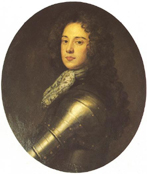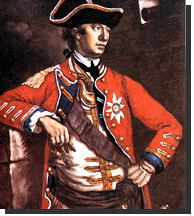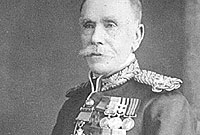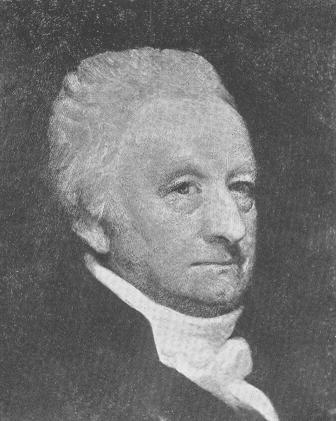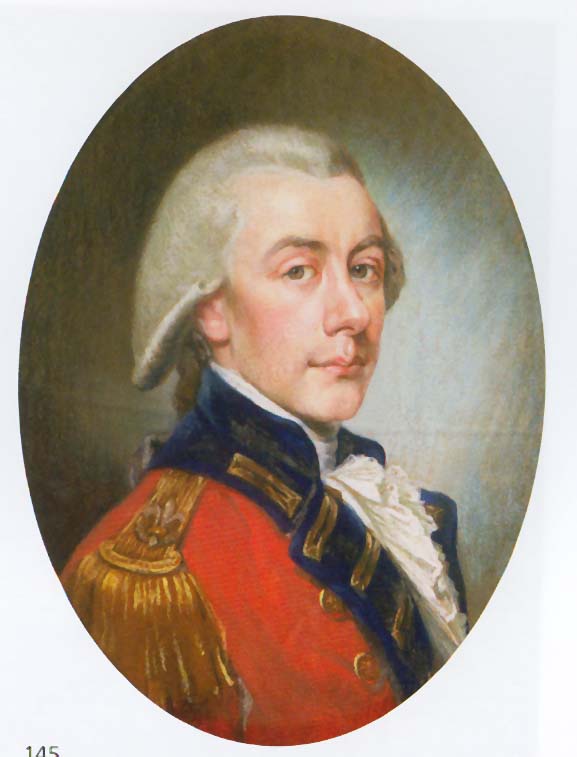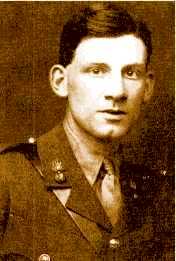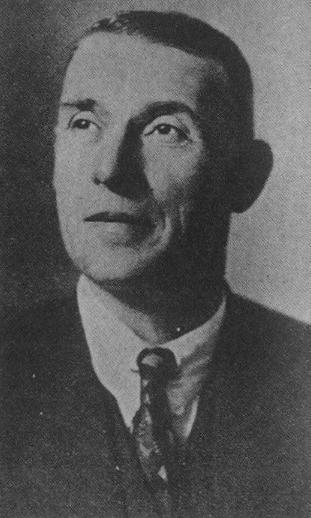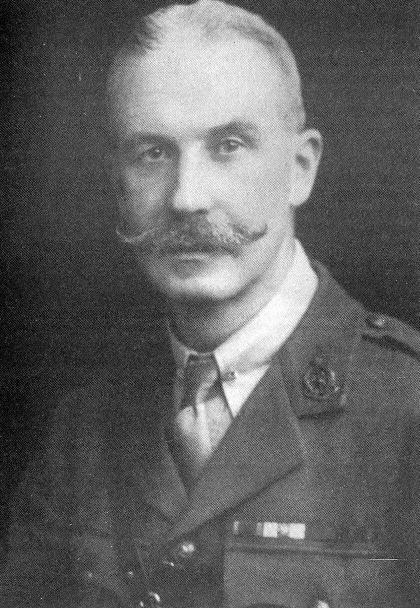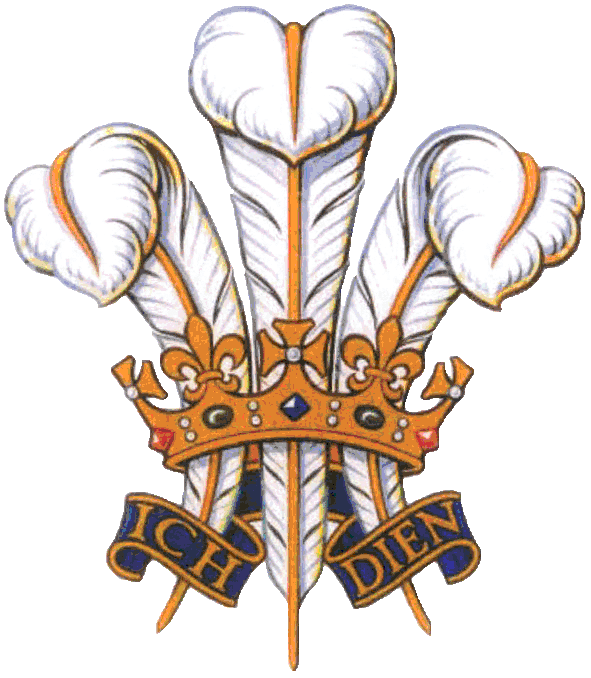 |

Fusiliers of Renown |
|
Lord Herbert / Sir William Howe / Sergeant Luke O'Connor | |
|
General Information Links to Living History Groups, and Historic Sites Links to Revolutionary War Reenactment Groups Regimental Information "The Fusilier" Regimental Newsletter A Brief History of the 23rd Foot Traditions of the Royal Welch Fusiliers Royal Welch Fusiliers & United States Marine Corps
|
Lord Herbert of Chirbury who raised the regiment in 1689 and served as the first Colonel of the Regiment. Sir William Howe was a former Colonel of the Royal Welch Fusiliers. As Commander of His Majesties Forces in North America during the American Revolution, Howe served from the Battle of Bunker Hill until just before the British evacuation of Philadelphia in 1778.
Robert Graves served with Siegfried Sassoon in the 2nd Battalion of the Royal Welch Fusiliers during the First World War. He later wrote the famous memoir of his experiences "Goodbye to All That," Among his more notable works were "I, Claudius", "Sergeant Lamb's America", and "Proceed Sergeant Lamb" the later two being novels based on the diary of Sergeant Roger Lamb.(see below) Interestingly Graves' works were first published in the United States by The Hudson Review, a literary quarterly founded and edited by Frederick Morgan, father of Gentleman Volunteer Jeff Morgan of the Colonel's Company, Royal Welch Fusiliers in America.
Private Frank Richards served in both the 1st and 2nd Battalions during the First World War and is one of only five men to have survived the entire war from 1914 until 1918. His memoir, "Old Soldiers Never Die" is still considered today as one of the best accounts of daily life in the trenches from the perspective of a "ranker." Richards also published "Old Soldier Sahib" a memoir of the Royal Welch Fusiliers' service in India prior to the First World War. He was awarded the Dinstinguished Conduct Medal and the Military Medal for his service during the war.
Hedd Wyn (1887-1917), born Ellis Humphrey Evans, Son of Evan and Mary Evans, of Trawsfynydd, Merioneth was a sheep farmer turned poet-soldier who was killed during the First World War. Evans - who chose Hedd Wyn ('white peace') as his pen name - was born in Penlan, Trawsfynydd the eldest of eleven children, and lived for much of his life at Yr Ysgwrn, a hill farm east of Trawsfynydd. He began writing Welsh-language poetry at an early age; when aged 24 he was awarded a chair at Bala; others followed at Llanuwchllyn, Pwllheli and Pontardawe (the latter in 1915 with the First World War underway). Wynn sat out the war for three years as a sheep farmer until he was called up for military service in 1917. Following a spell of training in Liverpool Private Evans was despatched for active service in Flanders and found himself stationed with 15th Bn Royal Welsh Fusiliers at the notorious Pilckem Ridge immediately prior to the opening of the Passchendaele offensive (3rd Ypres). It was at Pilckem Ridge that Wyn was killed during fighting on 31 July 1917 . Buried initially on the battlefield (out of necessity) his body was subsequently moved to Artillery Wood cemetery following the armistice. September that year brought a posthumous award of the chair at the National Eisteddfod of Wales for his verse poem Yr Arwr ('The Hero'). Wyn had written the poem while serving in Flanders and completed it shortly before his death under the nom-de-plume of 'fleur-de-lis'. The chair itself was draped in black in memorial of Wyn following the announcement of his win and revelation of the author's actual identity. A Welsh-language film based on Wyn's life was produced in 1992, Hedd Wynn.
Above biography adapted from: http://www.firstworldwar.com/poetsandprose/wyn.htm
|
